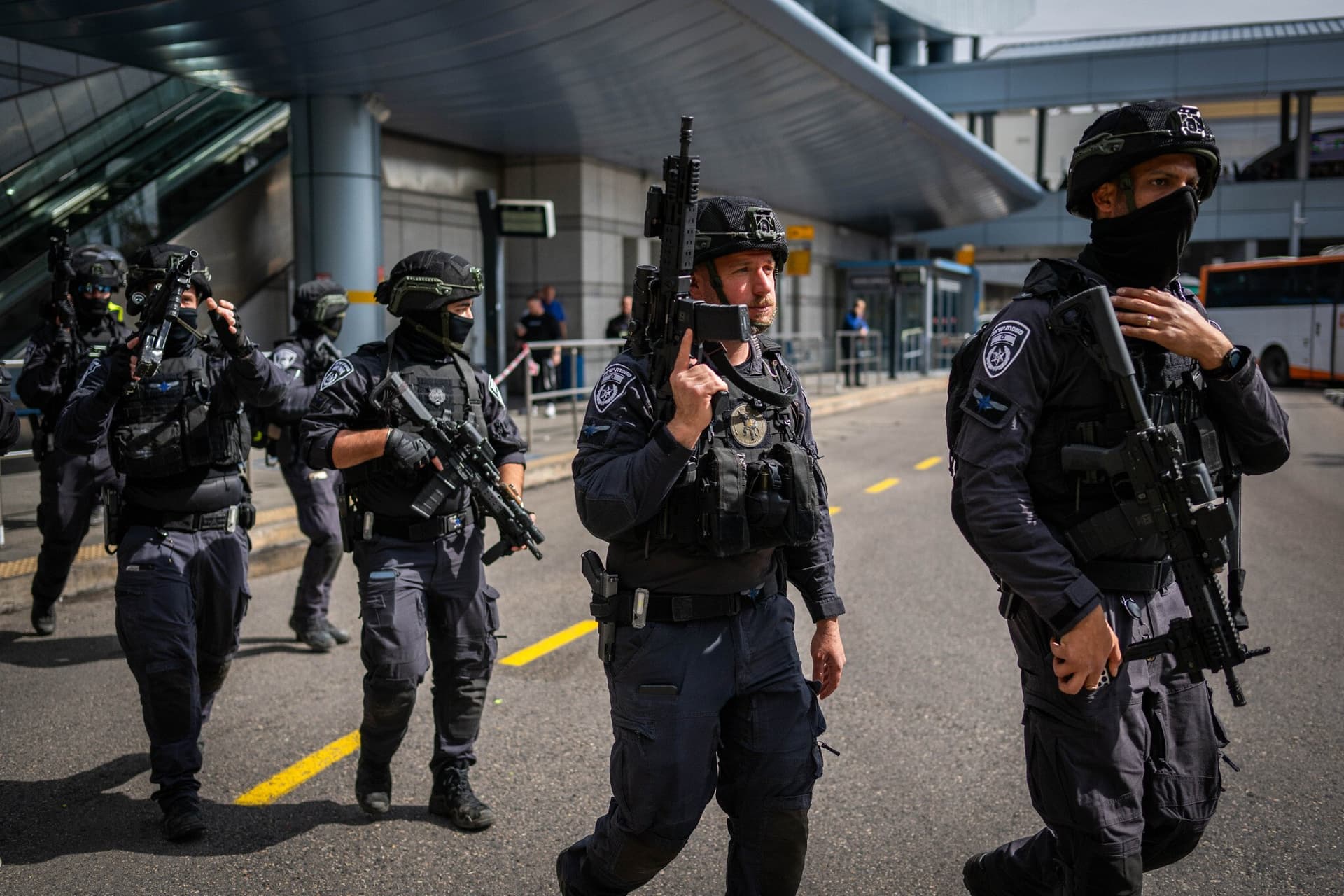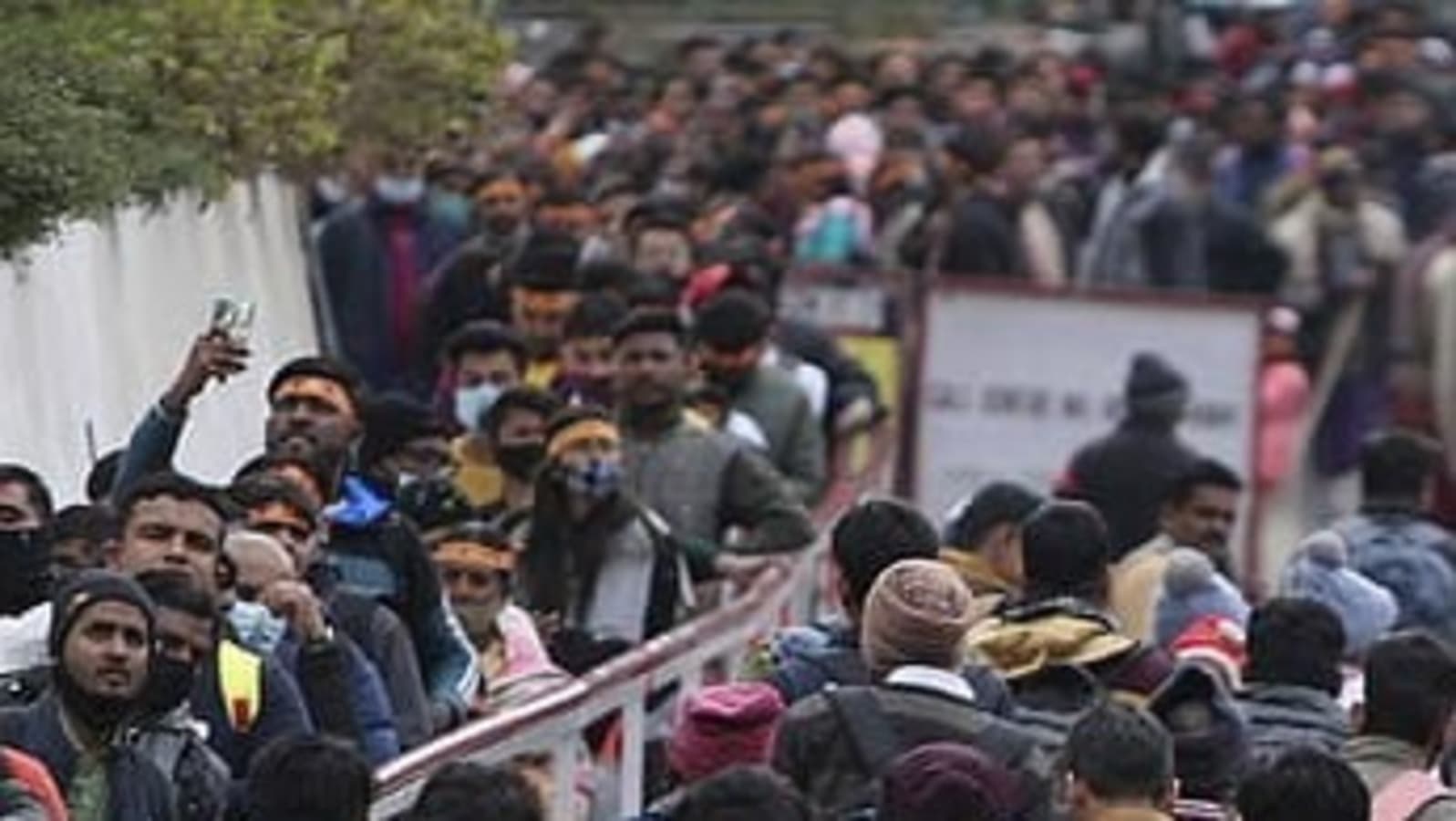Haifa Man Indicted for Death Threats Against Attorney General, Raising Stability Concerns
A Haifa resident has been indicted for making death threats against Israel's attorney general, a development that underscores rising tensions around public institutions and the rule of law. The case matters because intimidation of legal authorities can erode public trust and raise political and economic risks for Israel at a moment of heightened domestic and regional strain.

A Haifa man has been indicted for making death threats against the attorney general, according to The Times of Israel. The charge, filed this week, places a spotlight on the security and legal protections afforded to senior public officials and arrives amid a broader climate of heightened political polarization and regional instability.
Threats against an attorney general are exceptional by virtue of the office the target holds. In Israel the attorney general serves as the chief legal advisor to government, supervises public prosecutions and is a central arbiter in disputes over the conduct of state institutions. When the person in that office becomes the object of explicit threats, it raises questions about the ability of judicial and prosecutorial institutions to operate free from intimidation and about the capacity of law enforcement to deter attacks on the rule of law.
The indictment comes as Israeli society continues to grapple with fallout from the October 7 attacks and the subsequent military campaign. Cultural life has been punctuated by the conflict, yet some institutions are signaling a push toward normalcy. The Ramat Gan Museum of Israeli Art has for the first time since October 7 turned its public programming away from wartime themes, an indication of broader societal efforts to reclaim civilian space even as security concerns persist.
Regional developments further complicate the backdrop. Reporting by international outlets this week noted arrests in Syria connected to deadly attacks on the Druze community in Sweida in July, a reminder that instability in neighboring states remains a feature of the security environment. For Israel that regional volatility can amplify domestic tensions and shape public perceptions of both safety and governance.
Beyond immediate security and legal considerations, the indictment has potential market and policy implications. Political violence or credible threats directed at senior legal figures can increase perceptions of political risk among investors. Elevated political risk may raise the risk premium demanded by foreign investors in sovereign and corporate debt, and can affect exchange rate volatility if confidence is seen as eroding. Policymakers and regulators therefore have an interest in swift, transparent legal responses that reinforce institutional independence and predictability.
The case will also be a test of law enforcement and prosecutorial capacity to respond to intimidation of officials without partisan bias. For democratic systems, the deterrent effect of prosecution matters as much as the legal outcome. A visible and procedurally sound process can help to restore public confidence, while delays or perceived unevenness in enforcement can deepen polarization.
As the indictment proceeds through the courts, observers will be watching both for evidence in the criminal case and for the broader institutional response. How authorities balance security, legal rights and public transparency will shape not only the fate of the individual charged, but also longer term perceptions of Israel’s governance resilience in a turbulent region.


